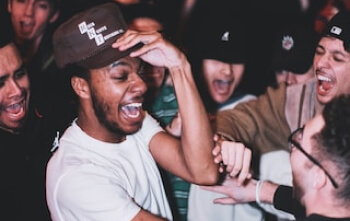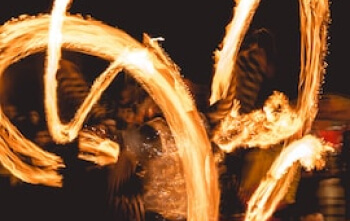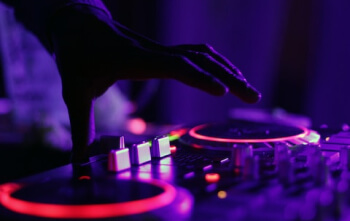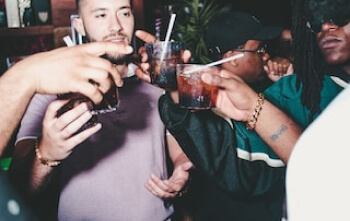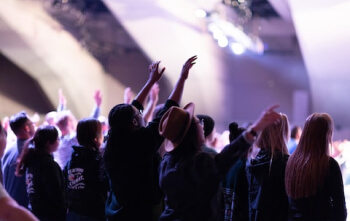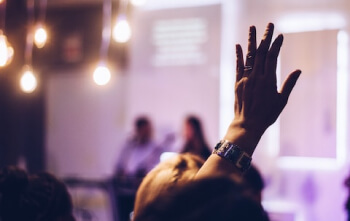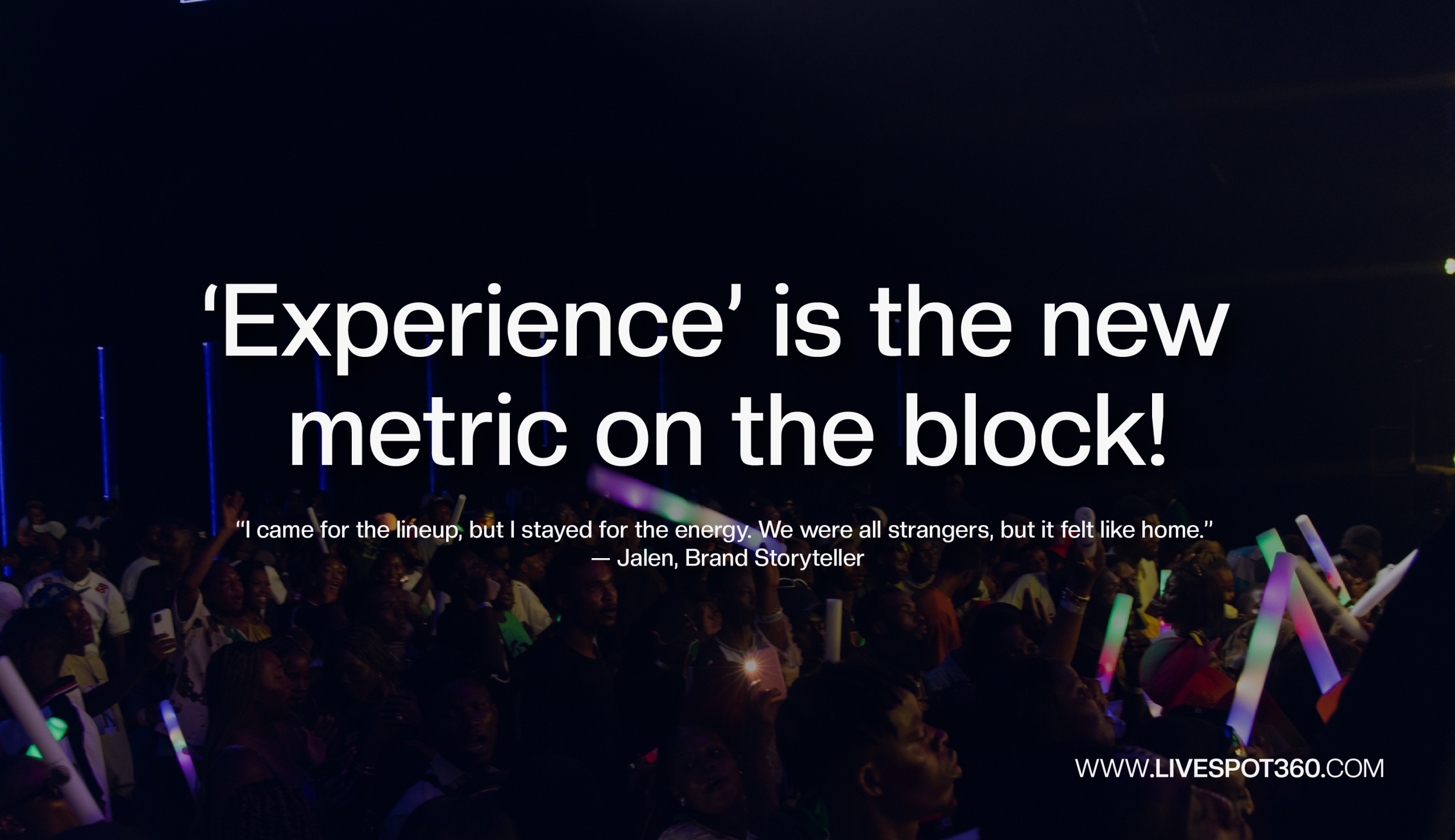Experience has evolved. From being a byproduct of live events to becoming The Product.
Today, it’s how value is measured.
What matters isn’t attendance, visibility, or scale. What matters is did it land? Did it move something in people? Did it mean anything after they left?
Insights from the last three editions of Entertainment Week Lagos (EWL) have shown a clear shift. People are no longer attending for the spectacle alone. They're showing up for connection, meaning, and shared purpose. Recent research from Eventbrite also confirms what we’ve seen across the continent. Younger audiences are intentionally choosing spaces that allow them to connect, reflect, and build something meaningful. These aren’t crowds looking to be impressed. These are communities searching for resonance.According to the study:
-
84% of interest-based event attendees have developed close friendships through these gatherings.
-
45% said the experience enhanced their sense of self.
-
79% are drawn to events that combine multiple personal interests into one space.
What that means is this we’re designing for people who don’t just want to be entertained, they want to belong.
Curiosity, Culture, and Community at the Core
At Livespot360, we design for people, not personas. That means we don’t treat events as static formats. We treat them as living, breathing environments where culture meets need, and content reflects identity. Every gathering is shaped by location, community, and context. What works in Lagos doesn’t automatically translate in Accra or Port Harcourt. Culture isn’t copy-paste. Experience can’t be standardized.
This is especially true when speaking to a generation that’s less interested in linear programming and more drawn to layered, multi-dimensional formats. They’re attending music festivals that double as wellness retreats. Culinary events that function as networking spaces. Craft and gaming circles that become safe havens for social connection.
When Eventbrite tracked the fastest-growing in-person gatherings, the data told a clear story:
-
Culinary experiences are up 35%.
-
Jewelry-making workshops rose 34%.
-
Running and sober-curious wellness events surged 130% and 92%, respectively.
-
Cosplay, anime, and board game gatherings are also seeing explosive growth—up 50%, 20%, and 8x each.
There’s nothing casual about this. It’s coordinated self-selection. People are seeking out events that reflect who they are, or who they’re trying to become.
The Role of Experience in Identity Formation
This shift is personal. A 23-year-old participant said “It helped me connect with people nearby who are trying to accomplish similar goals in their lives.”
These are not passive audiences. They’re active participants in shaping their own narratives. That’s why our approach at Livespot360 is rooted in responsive cultural design. We listen before we create. We study behavior before we storyboard. Our teams build for both emotional weight and cultural relevance.
Experience now carries the responsibility of identity affirmation. It’s where people test language, find mirrors, feel seen, and feel safe. For us, creating those kinds of moments means thinking beyond logistics and into intention—who is this for, and what are they seeking, really?
The Audience Has Changed. So Have We.
There’s a misconception that live events are about performance. That only applies if the goal is applause. What we’re seeing—and designing for—goes deeper. People want to feel a part of something. They want to return to something. They want their time to mean something.
At Livespot360, we curate experiences across age groups, belief systems, and interests, but the constant is always relevance. What we offer is emotional intelligence translated into immersive design. It’s experiential storytelling, driven by context.
Experience is becoming the method.
The events that will resonate most aren’t the biggest. They’ll be the most honest. The most connected. The most aware of who is in the room, and why. That’s the direction we’re building toward. That’s the chapter we’re writing next.


